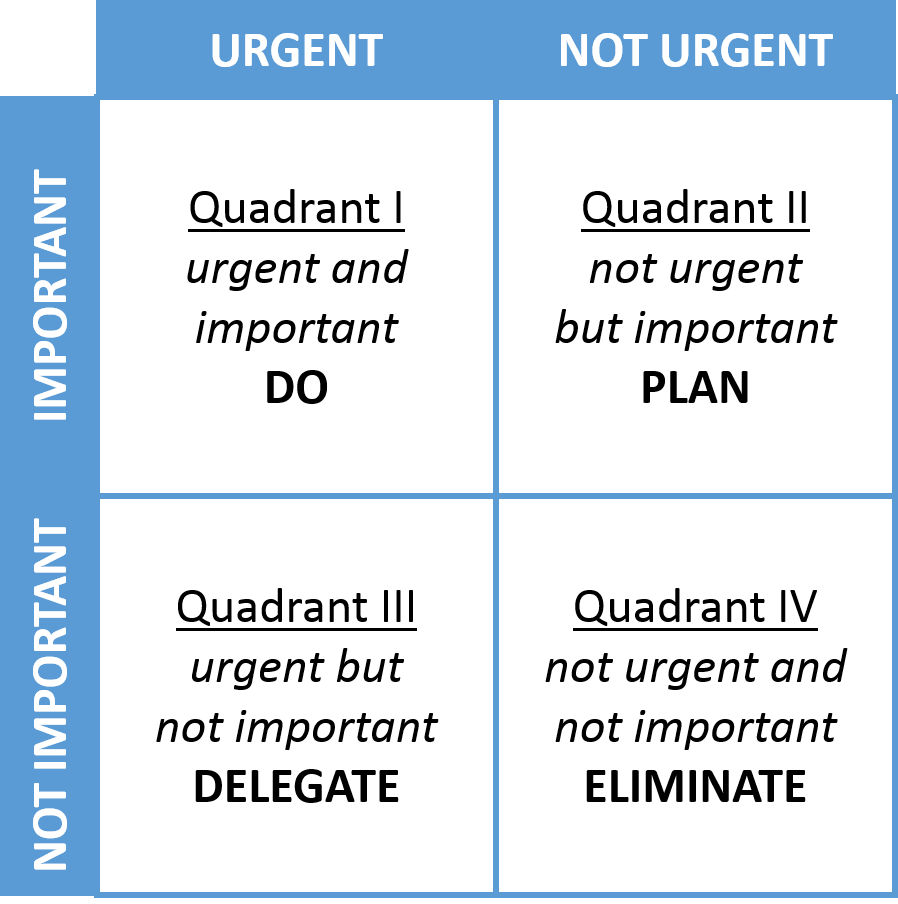
Creating community through meals
Creating Community at Camp
I was invited to be a camp counselor a couple of weeks ago. You know, the kind where you go when you were a kid. Cabins full of bunk beds with 2-inch mattresses and campfires and s’mores while coyotes howl in the night. The whole shebang. No adjustable bed, and no after-dinner cocktails while binge-watching Netflix in the recliner. None of that adult stuff.. Just below-freezing nights followed by below-freezing mornings and barely above-freezing afternoons. It was a great weekend.
Camp Coming Out Happy
The weekend was sponsored by the Coming Out Happy Social Wellness Club led by somatic healing coach Keely Antonio and her partner life coach Dani Max. At the Yavapai Apache Campground in Prescott, AZ, we focused on creating a safe place for people to build community. A place to find a sense of community and belonging through play. Play comes naturally to us as children, but we have to think about it and plan it when we grow up and that’s a shame. Playing allows us to bond and create a community without thinking about it. It is vital to growth and healing and as adults, we often forget how to do it. Our play turns into a competition with the expectation of rewards in the form of prizes or money. We tend to forget that oftentimes, the reward is simply playing for the sake of playing.
We spent the first day playing like 9-year-olds. The teams were called peanut butter and jelly and only served as a way to make the groups more manageable. No competition, no worrying about what the other team was doing. It was simply the joy of being outside and playing. The resulting movement and laughter helped create a cond in people who barely knew each other’s names on the bus. When the day was over, we sat by a roaring campfire and told silly stories weaving in the day’s activities with things we had learned about our playmates and the things we observed during the day. The result was a tale about traveling through portals to the moon with pantless coyotes howling in the night. It made perfect sense to us even though it made no sense at all.
The Walk
I was chosen to lead a nature walk on day two, and I wanted to point out that when we become leaders, we become nurturers and caretakers in a similar way the land around us gives and takes sustenance from other parts of nature. We all start as seedlings, needing our relationship with our surroundings to grow and support each other. As we grow, we give that back to others around us and the community becomes stronger, able to withstand the storms and fires that come along with being part of the landscape. The walk ended in an honest discussion about what we needed to do to help our communities grow and thrive when we got back to the adult world.
The Connection
I believe in servant leadership. I see myself as a caretaker, giving my team what it needs to be successful. In the end, it’s not about me. I started preparing for my introduction to the walk, and noted that good leaders are successful because we create community, and what better place to demonstrate that than at camp?
When the weekend was over, there were hugs and tears and we had learned to care for the strangers we had met only two days before. We became each other’s caretakers, and I took away a valuable lesson that leadership is about not only creating community. It’s about taking care of that community so that it thrives and goes on to impact others in small ways that allow it to continue to grow. I came home with a simple question. Do we become leaders because we are caretakers or are we caretakers because we choose to lead? If we do it right, I suspect it’s a bit of both.


 Confident Vulnerability
Confident Vulnerability